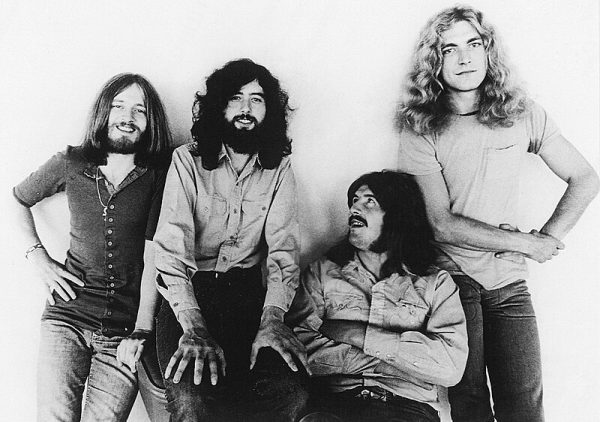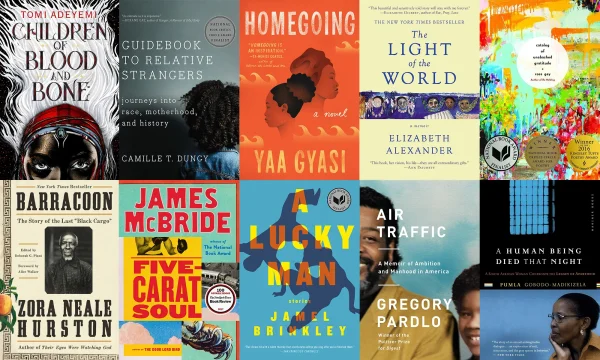Answering Common Questions About Being Vegetarian
I’ve been a vegetarian for nearly 7 years now (close to half of my life!). Lately, I’ve been cutting more animal products out of my diet, though I wouldn’t call myself vegan just yet. I’ve found that a lot of people have questions about my diet (some out of genuine curiosity, others not so much), so I wanted to write some answers to common questions I’ve received. Keep in mind that these are just my opinions and other vegetarians/vegans may feel differently.
Why don’t you eat meat?
This answer really varies from person to person. People may stop eating meat for health reasons, religious reasons, environmental concerns, or other reasons. Personally, I stopped eating meat simply because I felt bad about eating animals. I also had concerns about the environmental impact of eating meat, which I do think are significant.
To make myself clear, I don’t judge anyone for eating meat. Going vegetarian was my personal choice and while I do encourage people to cut back on their meat consumption, your diet is ultimately none of my business.
Where do you get your protein?
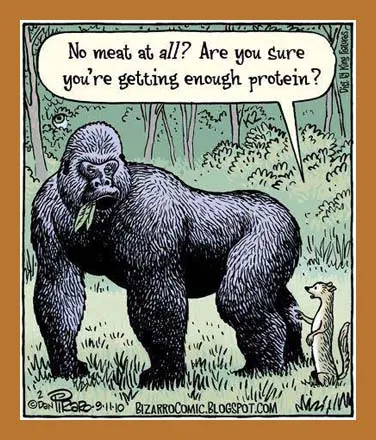
This is a fair question that I get a lot. Many people tend to think of meat as the only good source of protein, but this couldn’t be farther from the truth. Just a few options include:
- Tofu! This is by far the most versatile protein out there. You can season and cook it in many different ways to achieve many different textures and tastes. Seriously, if you think you don’t like tofu, I would encourage you to try cooking it a different way.
- Soy curls! I only recently discovered these but they’re fantastic. They work well as a chicken substitute in things like soups, stir-fries, and pasta dishes. You can easily order them online in dehydrated packages, then just soak them in water before cooking them.
- Beans, peas, lentils, and chickpeas! These are easy to find and add to soups, rice dishes, and more. These are super versatile as well, you can really get creative like this awesome chickpea “tuna” that’s become a lunch staple for me.
- Nuts! These aren’t great for large meals, but you can toss a handful of almonds or walnuts into a salad for an extra protein boost. I also like to blend cashews or other somewhat bland nuts into sauces and dips, as they don’t affect the taste of the dish much.
- Artificial “meat!” This stuff has exploded in popularity in recent years. Most stores carry Beyond Beef, Gardein, Quorn, and so many more. Even fast food restaurants have been expanding their menus, like Burger King’s Impossible Whoppers. Some are definitely better than others, so it takes some trial and error to find brands that you like, but artificial meats can be a convenient replacement especially if you’re just starting to experiment with a plant-based diet.
Isn’t it expensive to be vegetarian?
This is another common misconception. It’s true that some meat substitutes can be very expensive, but as shown above, there are many different places to get the nutrients you need. At Safeway, a 14 oz block of tofu costs $2.99, or 21 cents per ounce. At the same store, 1 pound of boneless chicken breasts currently costs $4.32, or 27 cents per ounce. Items like beans and lentils can be bought for even cheaper, with a bag of dried lentils being only 12 cents per ounce! You can also find plenty of cheap vegetarian recipes on websites like Budget Bytes, which my family uses all the time.
If you don’t eat meat, why eat things that imitate the look and taste of meat?
This question has always seemed kind of obvious to me but I’ve been asked it a significant number of times. Simply put, most vegetarians (myself included) didn’t stop eating meat because we don’t like the taste of it. We stopped for environmental, moral, or health reasons. I can admit that burgers taste good while simultaneously not wanting to eat a cow. Luckily in this day and age, I can get the burger I’m craving without any animals having to die.
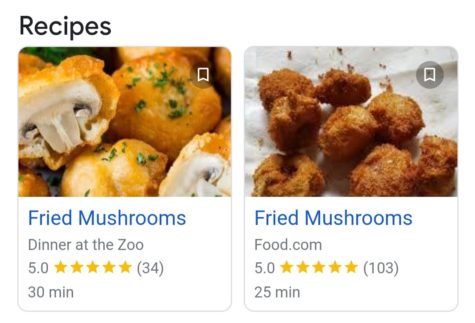
Why do you call meat substitutes “vegan chicken” or “vegan burgers” if they aren’t real meat?
Describing meatless substitutes in terms of the meat they imitate is just a good way to describe them. Say, for example, you’re craving fried chicken but have stopped eating meat for whatever reason. Looking up recipes like “fried tofu” or “fried mushrooms” can be helpful, but don’t always come up with the taste and texture you’re looking for. If you look up “meatless fried chicken,” though, you’ll immediately find recipes that have a similar taste and texture to real fried chicken. Describing food this way can also be useful on things like menus at restaurants. Last summer, for example, I was at a cafe that had a “vegan tuna sandwich” listed on the menu. I was
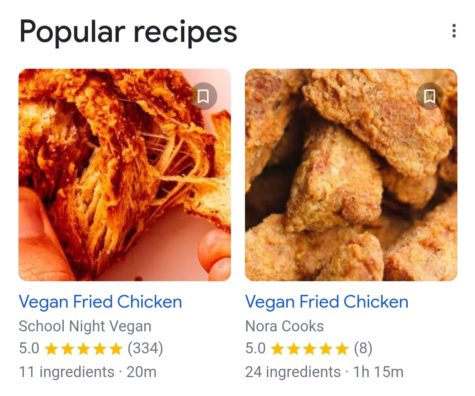
intrigued, so I decided to order it. The sandwich was actually made mostly from mashed chickpeas, and I enjoyed it quite a bit. Had it been listed on the menu as a “chickpea sandwich” or something similar, I would have been less likely to order it seeing as I wouldn’t have known what to expect. Simply put, describing meatless foods by comparing them to real meat tells you what to expect.
All in all, I think vegetarians and vegans are often unnecessarily judged because people don’t really understand where we’re coming from, so information is the best way to get rid of judgment. If you have any more questions, feel free to reach out to me or another plant-based person in your life. Many of us are more than happy to answer respectful questions about our diets!






